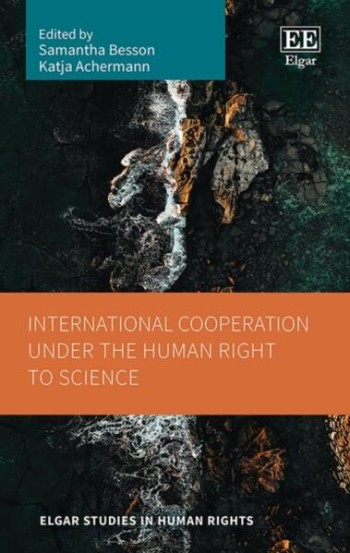
This book explores the importance of international cooperation in realizing the ‘human right to science’ as enshrined in Article 15(1)(b) of the International Covenant on Economic, Social and Cultural Rights (ICESCR). The need to reawaken this right has been acknowledged in recent scholarship. However, the role of international scientific cooperation for the effective realization of the right has been, to date, overlooked.
International scientific cooperation is not only a core element of the human right to science, as recognized explicitly by Article 15(4) ICESCR, but also a concern in many other regimes of international law, such as climate change, biodiversity, AI or health law. In this book, experts in international human rights law explore the grounds, subjects, objects, and the contents of the duty and responsibility of international cooperation under the human right to science. Chapters address a variety of issues ranging from the universality of science and respect for local knowledge, scientific sovereignty and self-determination, and the equitable access to and sharing of scientific benefits.
International Cooperation under the Human Right to Science is a crucial read for scholars and students of international law, particularly those in the field of international human rights law. Practitioners, including inside organisations such as UNESCO, WHO, WTO, WIPO or the IPCC, will also greatly benefit from the book’s necessary insights.